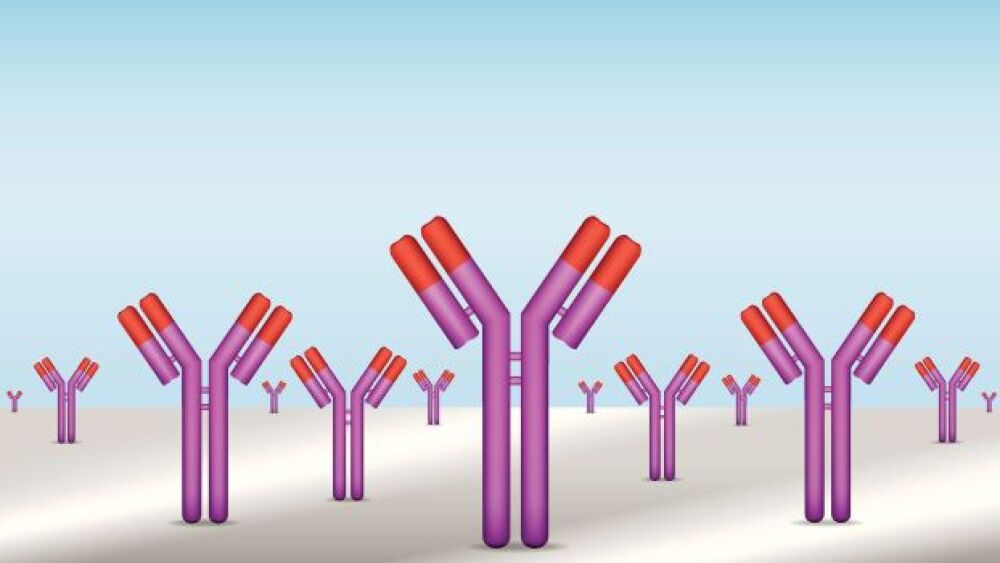The company’s technology is designed to attach any off-the-shelf antibody with any payload without the need for modification.
Swiss pharma company Araris Biotech AG is attracting attention based on ongoing research with its linker technology for antibody drug conjugate delivery. The company’s technology is designed to attach any off-the-shelf antibody with any payload without the need for modification.
Although Araris’ technology is still in preclinical development, Chief Executive Officer Philipp Spycher confirmed to BioSpace that some oncology-focused clinical stage companies had expressed some interest in the product. And, if Araris can demonstrate it works in human trials, that interest is likely to turn into a lucrative collaborative development and licensing deals.
Antibody drug conjugates (ADCs) are designed to deliver the payload of highly potent therapeutics in a particular manner to target the diseased area. That specificity is key to limiting any negative impact on surrounding healthy tissues. Linker technology is the connector that holds the drug to the delivery system, Spycher explained. Sometimes, the linker used in delivery can have “attachment issues,” meaning the drug isn’t as accurate as hoped and can create adverse side effects.
To mitigate this, Araris, which launched in 2019, developed a small molecule linker technology that is different from currently available products. The Araris linker technology can be assembled quickly and stably. And in preclinical studies, the linker technology has shown significant stability.
“Our linker is designed to be very stable, so the drug is only released at the target site,” Spycher said. “We have generated good preclinical data that shows significant promise.”
Over the past few years, more companies have been delving into the ADC arena. Currently, the U.S. Food and Drug Administration has approved nine ADC treatments, five of which have been greenlit in the last two years.
With that kind of record, it’s no wonder that multiple licensing and collaborative deals have been struck as companies hope to harness the power of this technology to serve patients. Companies like AstraZeneca, GlaxoSmithKline, Astellas Pharma, Seattle Genetics, Roche, Lantern Pharma, Pyxis Oncology, Brick Bio, Daiichi Sankyo and more are developing different ADCs that can target various tumor types.
ADCs pair antibodies with toxic agents and are designed to precisely pinpoint cancer tumors. When the ADCs hit the specific tumor target, the precision therapy releases cytotoxins, which deliver a payload thousands of times more potent than chemotherapy. Those cytotoxins target the tumor and not the healthy cells surrounding it – as long as the payload is secure.
Companies are developing ADCs due to a more comprehensive knowledge of the development process, including pairing the suitable antibodies with the appropriate toxic agents. And, with that greater understanding comes improved linker technology, such as the Araris platform.
“People should know we have the best linker technology in the world. We’re really excited about the data we’ve seen,” Spycher continued. While some companies are expressing early interest in the Araris linker technology, it is unlikely the company will initiate clinical studies until 2024 according to the CEO.
In the meantime, Araris hopes to initiate a Series A financing round that will allow the company to complete preclinical studies and file for an Investigational New Drug Application. Last year the company received an additional $13.79 million in seed funding, bringing its total to about $16.5 million.
Spycher said the company hopes to raise financing between $30 and $50 million to support its continued research and potential scaling of the company. At the moment, Araris is a 10-person operation housed in a Zurich incubator. The company is currently looking for new lab space within Switzerland, although the exact location is still unknown. He said the company is searching in the Zurich area and near Basel, home to Novartis and Roche.





